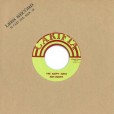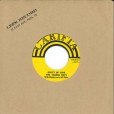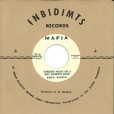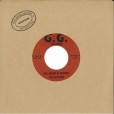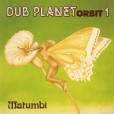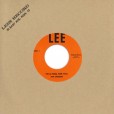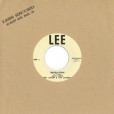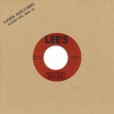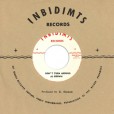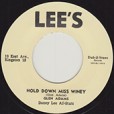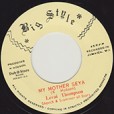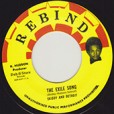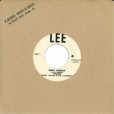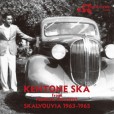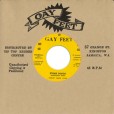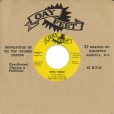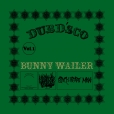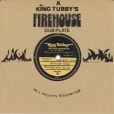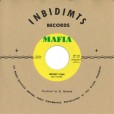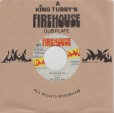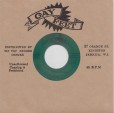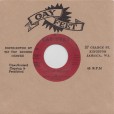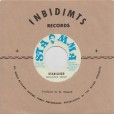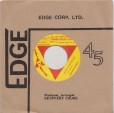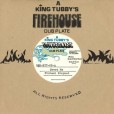Your basket is empty

A fat, wide, brassy cover of his idol Otis Redding. Plus an ace, driving, vengeful Reggae Boys, on the flip.
Ace organ-driven rocksteady cut of Love Is A Message, recorded at Treasure Isle on Bunny Lee’s ticket, by youngsters Jacob Miller, Lawrence Weir and Lassive Jones aka Delroy Melody.
They were going by the name The Young Lads, but Jones remembers Striker’s strong advice: “there are too much Lads group, you boys are going to school, you boys are School Boys.”
Scorcher. One megaton of Hudson dread; pure reggae noir.
The mix is quite different to Flesh Of My Skin.
Definitively presented at last (after some dire bootlegs), by Dub Store in Tokyo.
Easy-squeeze, rocking steady loveliness from 1968.
A deadly, zonked Soul Syndicate excursion on Westbound Train, with Keith Hudson as the Fat Controller. Introducing a young LT — his first recording, he says — stylistically indebted to Dennis Brown.
Killer roots detournement of Georgia Turner‘s dread blues about a New Orleans brothel, to the tune of a seventeenth-century English folk song, by way of Bob Dylan, Nina Simone and The Animals.
Bunny Gale revives another folk song on the flip — Dead Man’s Chest — via The Viceroys’ classic Studio One outing.
More crucial Keith Hudson runnings, courtesy of Dub Store in Tokyo.
Unmissable rocksteady: a magnificent version of the Curtis; and a hard-rocking Never Let Me Go.
Ska classics produced by Ken Khouri (who founded the first recording studio in Jamaica), including deadly unreleased selections.
Murders from the get go — a knockout acoustic version of You Made Me Warm, by The Sharks.
Party music for sufferers, Count Ossie style: deep, spiritual and hurt, but still up for it.
Plus a sensational nyabinghi version of Miriam Makeba’s massive Pata Pata, with Patsy pon mic.
Two sides of rare, body-rocking rocksteady lit up by Linval Martin’s personable singing, and the sweet, warm close harmonies of Hyacinth McKenzie and co, behind him.
Superb, soulful, easy-rocking, Philly-dilly reggae. Old-school call-and-answer vocals, full of personality and charm; beautifully arranged, with criss horns. Class.
